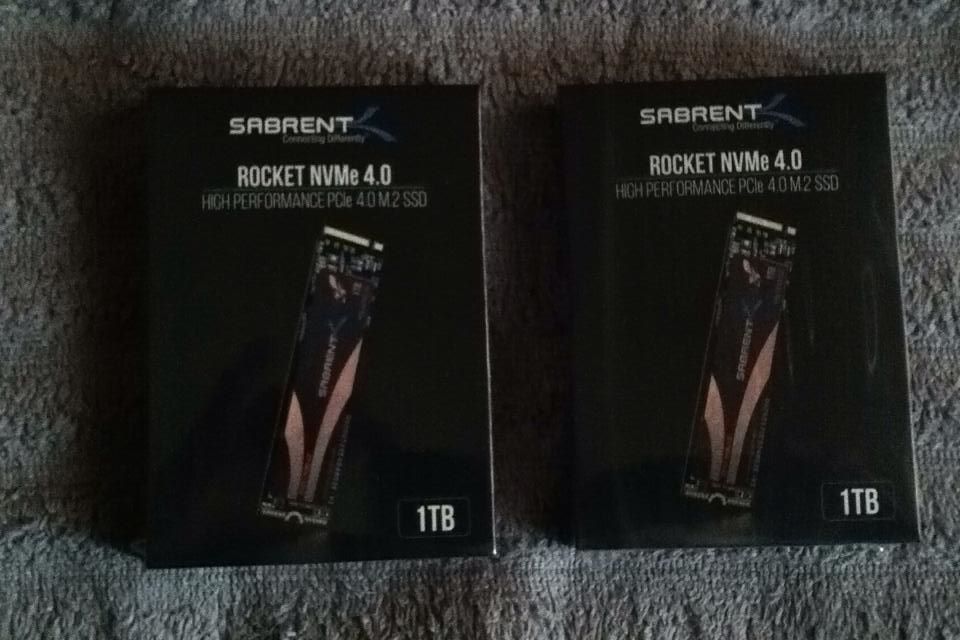The cold cold truth of benchmark speeds versus real life speeds.
Yeah all this recent news has so many going "Oh I want PCI5..6...7!!!" but it doesn't work like that in the real world. We have all the raw bandwidth we need. What we really need is better file systems etc. that can better handle the tens of thousands of tiny micro files that modern software loves so much.
That PCI-6 drive with 20GBps+ of bandwidth will still drop to KBps when the going gets slightly tough.
![[H]ard|Forum](/styles/hardforum/xenforo/logo_dark.png)
